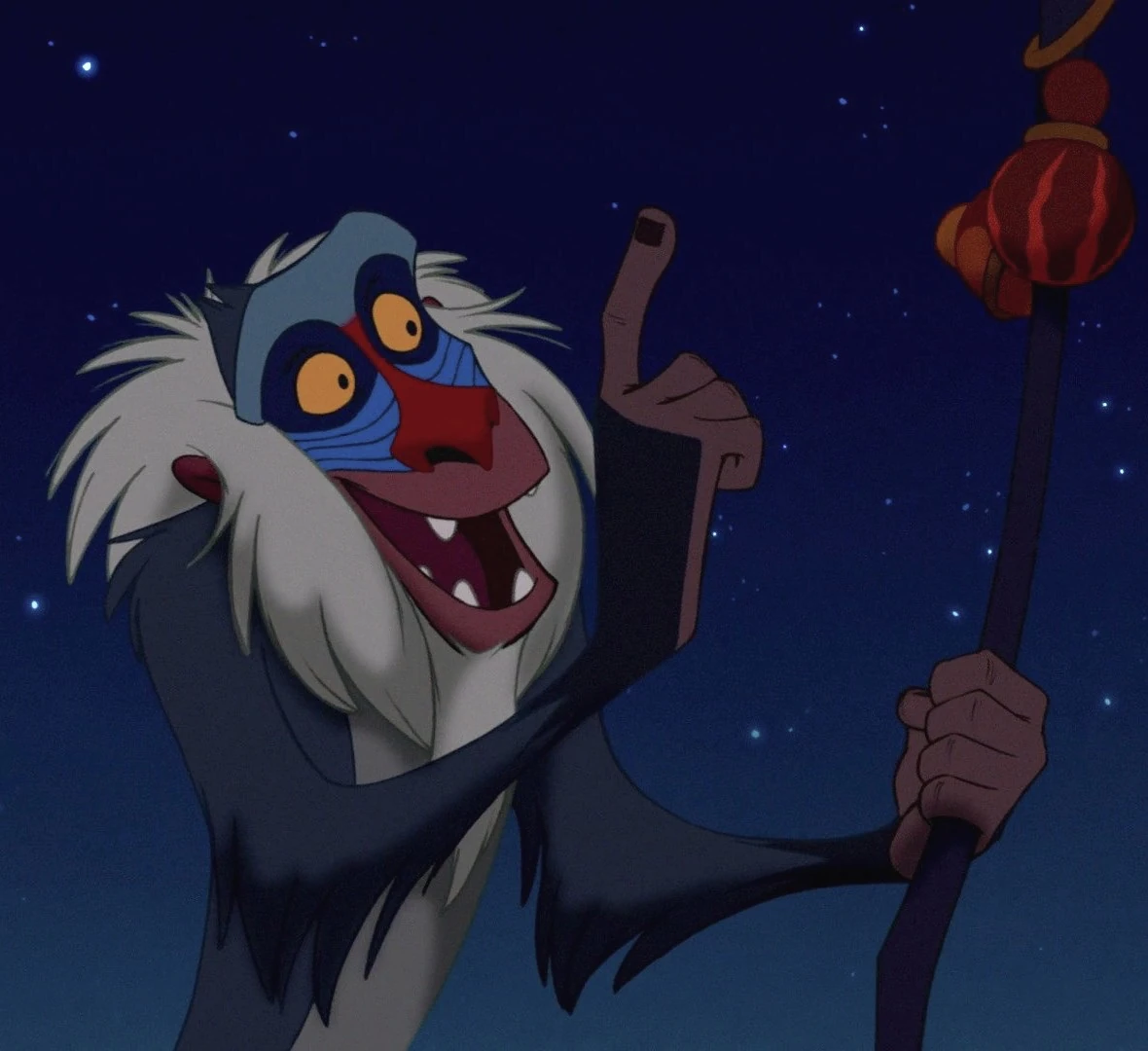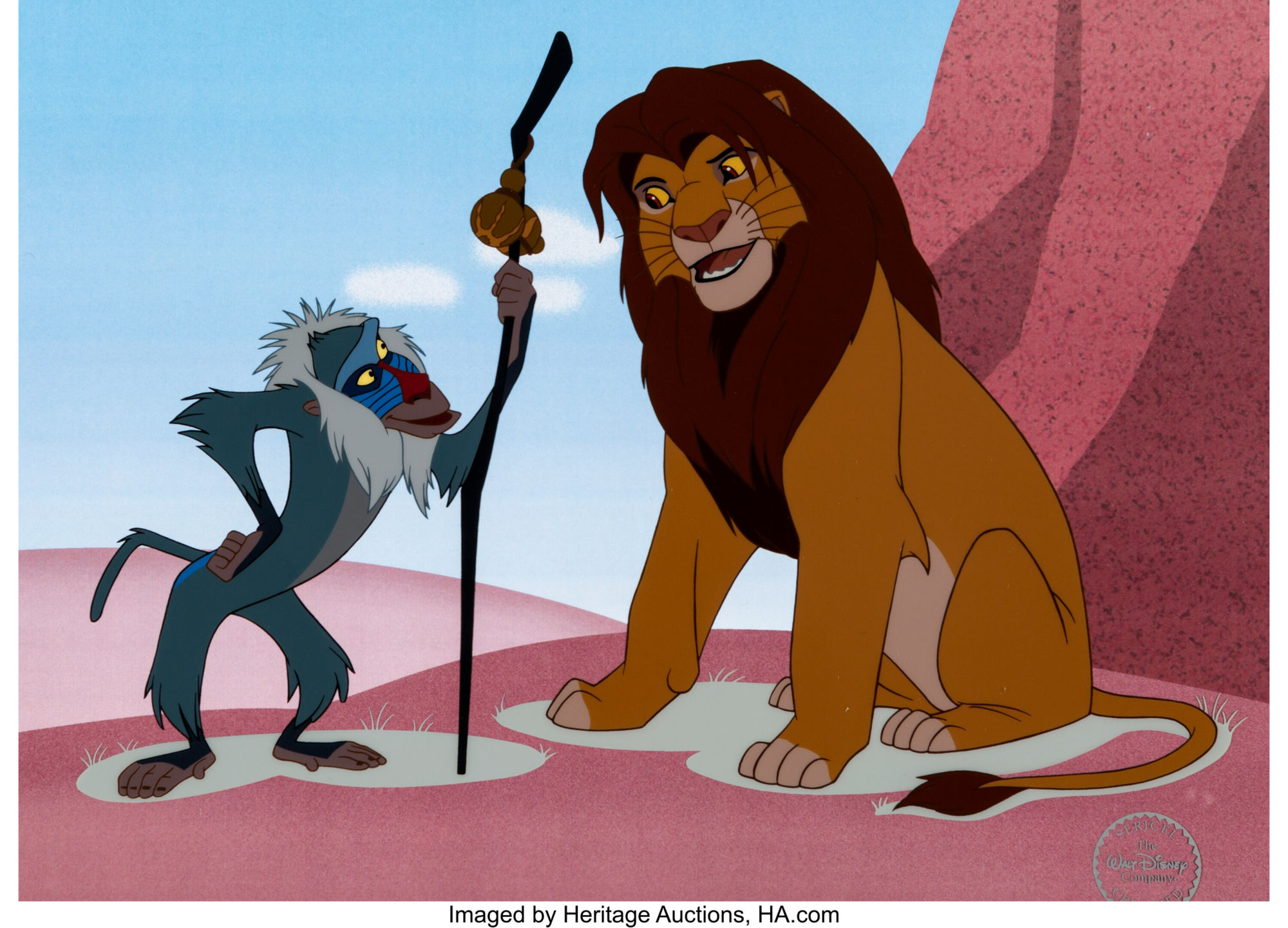When you hear the word "Rafiki," chances are your mind immediately jumps to that iconic character from The Lion King. But guess what? Rafiki is way more than just a wise old baboon with a knack for life lessons. It's a word, a concept, and even a symbol with deep cultural roots. So, what exactly is Rafiki? Let's dive in and uncover the meaning behind this fascinating term.
Picture this: you're scrolling through social media or watching a movie, and suddenly, the word "Rafiki" pops up. It could be in a song, a book, or even in a conversation with friends. Whether you're a fan of Disney movies or just curious about African culture, understanding what Rafiki truly means can open up a whole new world of knowledge. And trust me, it's more interesting than you think.
This article isn't just about defining a word; it's about exploring the essence of Rafiki and why it matters. From its cultural significance to its modern-day applications, we'll cover everything you need to know. So, buckle up and get ready for a journey into the heart of what Rafiki really represents.
Read also:Annette Actress Rising Star In The Entertainment World
Table of Contents
The Origin and Meaning of Rafiki
Cultural Significance of Rafiki
Modern Interpretations of Rafiki
Benefits of Embracing the Rafiki Philosophy
Read also:Ella Bleu Current Look A Deep Dive Into Her Stunning Transformation
Biography: The Character Rafiki
Conclusion: Why Rafiki Matters
The Origin and Meaning of Rafiki
Alright, let's get down to the nitty-gritty. Rafiki is a Swahili word that means "friend" or "companion." But it's not just any friend—it's the kind of friend who sticks with you through thick and thin, offering wisdom and support when you need it most. In many African cultures, the concept of Rafiki goes beyond mere friendship; it's about building lasting connections and fostering a sense of community.
Swahili, the language where Rafiki originates, is spoken by millions of people across East Africa. It's a language rich in meaning and tradition, and Rafiki is just one of the many words that reflect the values of unity and cooperation. So, when you hear someone say "Rafiki," they're not just talking about a friend—they're talking about a bond that transcends the ordinary.
Why Rafiki Stands Out
Here are a few reasons why Rafiki is such a powerful concept:
- It emphasizes the importance of friendship and trust.
- It represents a deeper connection than just casual acquaintanceship.
- It's a reminder of the strength that comes from community and shared experiences.
Cultural Significance of Rafiki
Now, let's talk about the cultural importance of Rafiki. In many African societies, relationships are built on mutual respect and understanding. Rafiki embodies these values, serving as a symbol of loyalty and companionship. Whether it's in family settings, friendships, or even business partnerships, the idea of Rafiki is woven into the fabric of daily life.
Think about it: in a world where individualism often takes center stage, the concept of Rafiki reminds us of the power of togetherness. It's not just about having someone by your side; it's about having someone who truly understands and supports you. And that's something we can all benefit from, no matter where we come from.
How Rafiki Shapes African Culture
Here are some ways Rafiki influences cultural practices:
- It promotes the idea of "Ubuntu," which means "I am because we are."
- It encourages people to prioritize relationships over material possessions.
- It fosters a sense of responsibility towards others in the community.
Rafiki in The Lion King
Let's face it: most of us know Rafiki from Disney's The Lion King. The wise old mandrill with his mystical staff and catchy catchphrases has become a pop culture icon. But did you know that Rafiki's character was inspired by the Swahili word for friend? Yup, the filmmakers took the essence of Rafiki and turned it into a lovable, larger-than-life figure who guides Simba through life's challenges.
Rafiki's role in the movie is more than just comic relief. He's a mentor, a counselor, and a source of wisdom for Simba. From teaching him about the Circle of Life to helping him confront his past, Rafiki embodies the true meaning of friendship. And let's not forget his famous "Hakuna Matata" philosophy, which encourages Simba to live in the present moment and embrace life's uncertainties.
Key Lessons from Rafiki in The Lion King
Here are some life lessons we can learn from Rafiki:
- Embrace the past but don't let it define you.
- Seek guidance from those who have walked the path before you.
- Find joy in the little things and live life to the fullest.
Modern Interpretations of Rafiki
While Rafiki has deep roots in African culture, its meaning has evolved over time. In today's world, the word is often used to describe someone who is a trusted confidant or advisor. Whether it's a best friend, a mentor, or even a therapist, the essence of Rafiki remains the same: someone who listens, supports, and uplifts you.
Modern interpretations of Rafiki can also be seen in various industries. For example, in the tech world, some companies use the term to describe collaborative platforms that bring people together. In healthcare, it might refer to support groups or peer networks that help individuals navigate life's challenges. Rafiki has become a universal symbol of connection and community, transcending cultural boundaries.
Examples of Modern Rafiki
Here are a few examples of how Rafiki is used today:
- Online communities that foster friendships and support.
- Workplace mentoring programs that promote growth and development.
- Non-profit organizations that focus on building strong, inclusive communities.
How Rafiki is Used Today
So, how exactly is Rafiki used in the modern world? Well, it depends on the context. In some cases, it's a literal translation of "friend" or "companion." In others, it's a metaphor for something much deeper. For instance, you might hear someone say, "She's my Rafiki," meaning she's more than just a friend—she's a soulmate or confidant.
Rafiki is also used in branding and marketing to convey a sense of trust and reliability. Companies that emphasize customer relationships or community engagement often incorporate the word into their messaging. It's a way of saying, "We're here for you, just like a true friend would be."
Practical Applications of Rafiki
Here are some ways Rafiki is applied in real life:
- In education, it refers to peer-to-peer learning and collaboration.
- In business, it describes partnerships built on mutual trust and respect.
- In social work, it represents the importance of empathy and understanding.
Benefits of Embracing the Rafiki Philosophy
Now that we've explored what Rafiki means and how it's used, let's talk about why it matters. Embracing the Rafiki philosophy can have a profound impact on your life. It encourages you to build meaningful relationships, seek wisdom from others, and approach life with a sense of purpose and gratitude.
Whether you're dealing with personal challenges or professional setbacks, having a Rafiki by your side can make all the difference. They offer a listening ear, a guiding hand, and a reminder that you're never alone. And in today's fast-paced world, that kind of support is more valuable than ever.
Top Benefits of Rafiki
Here are some benefits of embracing the Rafiki mindset:
- Increased emotional well-being and mental health.
- Stronger, more meaningful relationships with others.
- Improved problem-solving skills through collaboration.
Biography: The Character Rafiki
Let's take a closer look at the Rafiki character from The Lion King. Born in the heart of the African savanna, Rafiki is a mandrill with a passion for life and a knack for wisdom. He serves as the royal advisor to the Pride Lands, offering guidance to kings and princes alike. But beneath his wise exterior lies a playful spirit that keeps things light and fun.
| Full Name | Rafiki |
|---|---|
| Species | Mandrill |
| Occupation | Royal Advisor |
| Place of Origin | Pride Lands |
| Signature Phrase | "Asante sana!" (Thank you very much!) |
Fun Facts About Rafiki
Here are some interesting tidbits about the beloved character:
- He's known for his love of painting and self-expression.
- His staff is a symbol of his wisdom and authority.
- He has a unique laugh that's instantly recognizable.
Global Impact of Rafiki
From its humble beginnings in Swahili culture to its global popularity through The Lion King, Rafiki has touched the lives of millions around the world. Its message of friendship, wisdom, and community resonates with people of all ages and backgrounds. Whether you're watching the movie for the first time or rediscovering its magic, Rafiki's lessons are as relevant today as they've ever been.
In a world that often feels divided, the concept of Rafiki reminds us of the power of connection. It encourages us to reach out to others, to listen with an open heart, and to support one another in times of need. And that's something we can all get behind, no matter where we come from or what we believe.
Rafiki in Community Building
Finally, let's talk about how Rafiki can help build stronger communities. In today's interconnected world, the need for connection and collaboration has never been greater. By embracing the Rafiki philosophy, we can create environments where everyone feels valued, supported, and empowered to reach their full potential.
Whether it's through community organizations, workplace initiatives, or simply reaching out to a friend in need, the principles of Rafiki can guide us in building a better, more inclusive world. So, the next time you hear someone say "Rafiki," remember what it truly stands for: friendship, wisdom, and the power of community.
Conclusion: Why Rafiki Matters
In conclusion, Rafiki is more than just a word—it's a way of life. From its roots in Swahili culture to its global impact through The Lion King, Rafiki represents the power of friendship, wisdom, and community. By embracing the Rafiki philosophy, we can build stronger relationships, overcome challenges, and create a world where everyone feels valued and supported.
So, the next time you're faced with a tough decision or just need someone to talk to, remember the lessons of Rafiki. Seek out those who inspire and uplift you, and be that person for someone else. Because at the end of the day, we're all in this together, and that's what Rafiki is all about.
What are your thoughts on Rafiki? Do you have a Rafiki in your life? Share your stories in the comments below and don't forget to check out our other articles for more insights and inspiration!


